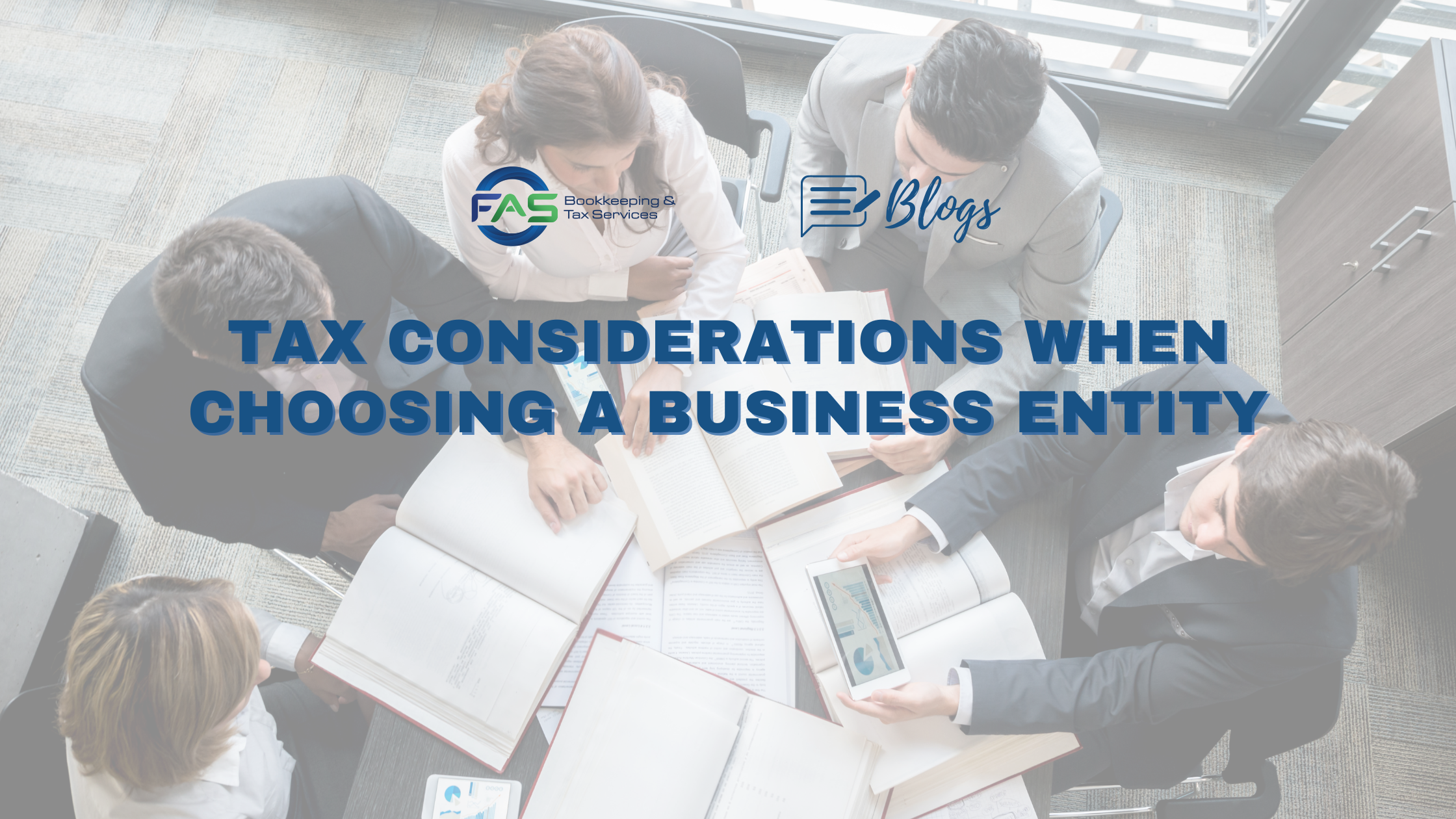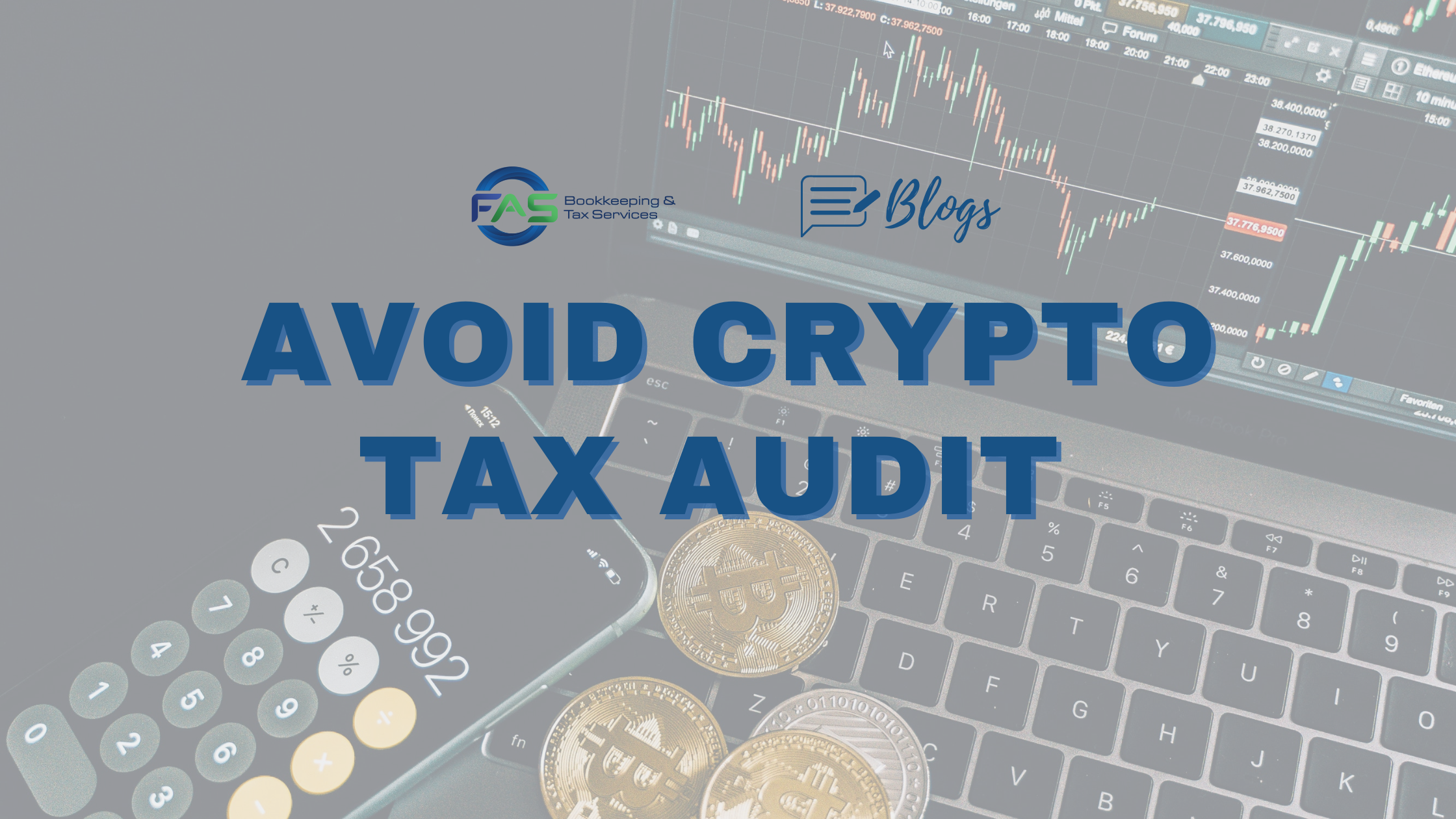Avoid Crypto Tax Audit
The IRS has been slower to audit potential tax fraud cases since the COVID-19 pandemic, but recent actions show that it’s starting to step up enforcement actions related to cryptocurrencies. In addition to a new question on Form 1040 seeking details about cryptocurrency transactions, the agency has issued several warning letters and sought to hire crypto experts to track down cryptocurrency tax evaders by launching crypto tax audits.
Let’s discuss some common crypto tax audit triggers and how to report crypto transactions on your tax returns.
Look out for these common IRS Cf Tax Audit Triggers
Less than one percent of tax returns get audited each year and about one percent of corporate returns do. In 2020, the IRS audited nearly 771,095 personal tax returns and recommended nearly $17.3 billion in additional taxes. Your risk of being audited depends on a number of factors, including how much you earn, whether your job is highly mobile, where you live, and how complex your activities are.
Several factors can increase the risk of an audit:
- High Income – Taxpayers that earn $500,000 or more each year tend to be more susceptible to IRS audits. Crypto traders and investors could be more likely to experience a crypto tax audit.
- Undisclosed Income – The IRS receives copies of forms 1099-B and 1099-K from crypto exchanges, so if you don’t report your crypto trading income, it may trigger the IRS’s Automated Under reporter Program.
- Itemized Deductions – The IRS looks at your overall situation and can ask questions if you claim a deduction you might not be able to substantiate.
- Foreign Assets – For some U.S. taxpayers, foreign assets and accounts can attract additional scrutiny from the IRS. Such assets include cash in banks outside the U.S., and crypto assets held overseas worth more than $50,000, with balances exceeding $10,000.
- Sketchy Deductions – The IRS closely examines the deductions taxpayers use for home offices and vehicles to verify that they are being used for business. Since many people who trade digital currencies also claim to have a home office, this could increase the likelihood of a crypto tax audit.
- Hobbies for Business – The rules for claiming assets as a business are very strict. Some crypto investors are making plans to diversify into other assets, such as farms, but they should be careful about claiming those assets as businesses.
- Mathematical Oopsie – The IRS checks tax returns for accuracy automatically, so it’s important to avoid mathematical errors. If you have a lot of crypto transactions, be sure to get the math right when aggregating them.
- Large Spenders – The IRS is very interested in large cash transactions and requires businesses to report such transactions to them. If you make a large cash transaction with crypto proceeds, you might invite IRS scrutiny.
The IRS uses the Discriminant Information Function (DIF) program to identify and address issues with tax returns. The DIF analyzes each return and looks for anomalies, such as duplicate information, deductions, and credits that don’t apply. It also checks to make sure reports from other taxpayers who earn approximately the same income are consistent with the return being analyzed.
Avoid overpaying by doing an accurate Crypto Tax Return
Cryptocurrency traders and investors may unknowingly pay more than their fair share in taxes since insufficient records are kept of their transactions. For example, Coinbase sent its customers 1099-K forms that omit cost basis information, leading many users to overpay and others to fail to deduct fees from their gains.
If you want to ensure you pay the correct tax, make sure you use proper bookkeeping tools that also can generate Form 8949 to support the calculation of gain or loss. It would also benefit you greatly if you find yourself an experienced Enrolled Agent that is versed in crypto taxes — like us!
Not using crypto tax software? Don’t forget these things:
- Don’t forget to look across wallets and exchanges – Trading exchanges provide cost basis information for transactions on their exchange, but you may need to use multiple wallets or exchanges to track your cost basis if you own crypto assets in more than one location (e.g., using a long-term investment wallet and a trading wallet). It’s important to remember that the basis of each asset is different, so you should calculate the taxes for each account differently. Also, if you plan on keeping your crypto assets in your trading account for a while, make sure you report these gains on your tax return every year.
- Don’t forget to compute your tax cost basis – Form 1099-K gives the total value of crypto assets received during the year whereas Form 1099-B provides a list of transactions with their cost basis (if applicable). Both forms should be attached to your tax return to make sure you correctly report all income and that you don’t overpay taxes.
- Don’t forget to account for fees – When you trade crypto assets, the transfer fees are fully deductible from the sale price of a crypto asset. There are some different ways to handle transfer fees; however, the simplest way is to reduce your holdings by the transfer fee amount and keep the value the same. However, it’s best to ask an Enrolled Agent for a professional opinion.
It is always in your best interest to work with an experienced Enrolled Agent versed in crypto taxes. They have the crypto experience and tax law knowledge to help you navigate the niche field of crypto taxes. These professionals ensure that you are maximizing the valid deductions related to your crypto activities.
Always be prepared for a Crypto Tax Audit
As a taxpayer, you should make sure that you have all of the documents the IRS needs in order to avoid any hassles like fines or penalties.
Audits usually pertain to preliminary document requests. Here are the most common preliminary requests:
- You might be asked to disclose any blockchain wallet address that you own or have control over.
- All digital currency exchanges and peer-to-peer facilitators that you use.
- You will also need to provide information about each transaction, including the following:
- The date and time of virtual currency purchases.
- The cost basis and fair market value at the time of acquisition.
- The date and time that virtual currency was sold, exchanged, or otherwise disposed of.
- The fair market value at the time of sale, exchange, or disposition and the amount of money or the fair market value of property received.
- An explanation of the method used to compute cost basis.
If the IRS has questions about your tax return, you will be asked to provide copies of any virtual currency transactions you made and other documentation.
It is advisable to maintain meticulous tax records. These records should be kept and stored electronically, in case of an IRS audit. But it’s best to maintain your records indefinitely because the IRS can look back further than five years if you are audited.
Bottom Line
The IRS might have been swamped for the past couple of years hindering them from fully utilizing their ability to audit taxpayers, but that doesn’t mean that you are safe forever. Recently, the agency has stepped up its enforcement over cryptocurrencies. Keep audit risks in mind and accurately record your transactions so you can minimize your IRS audit risk. It is always in your best interest to work with an experienced Enrolled Agent that is well-versed in the latest guidelines and policies of tax regulatory bodies to help you navigate this fresh new field of tax laws.
Get in touch with us and we’ll help you stay clear of the IRS’ bad side.





